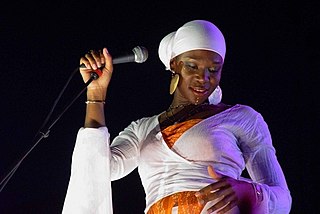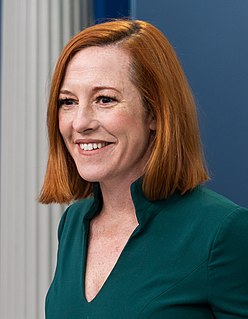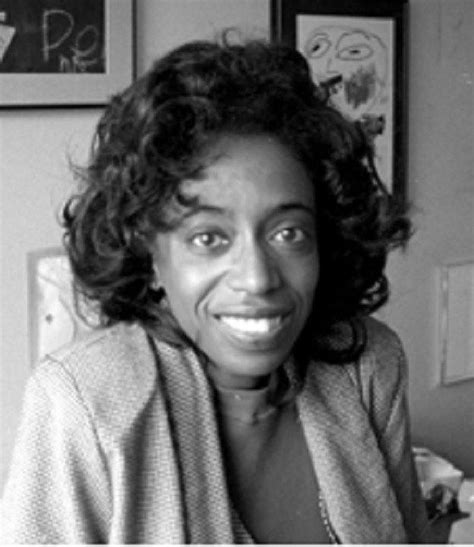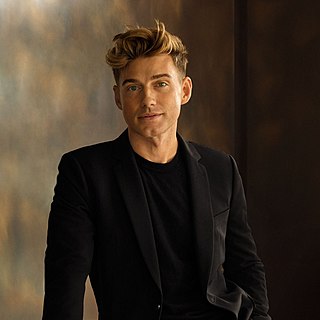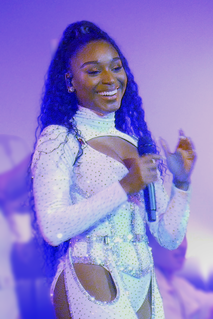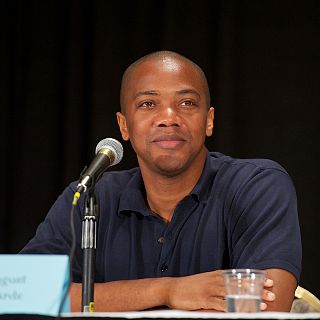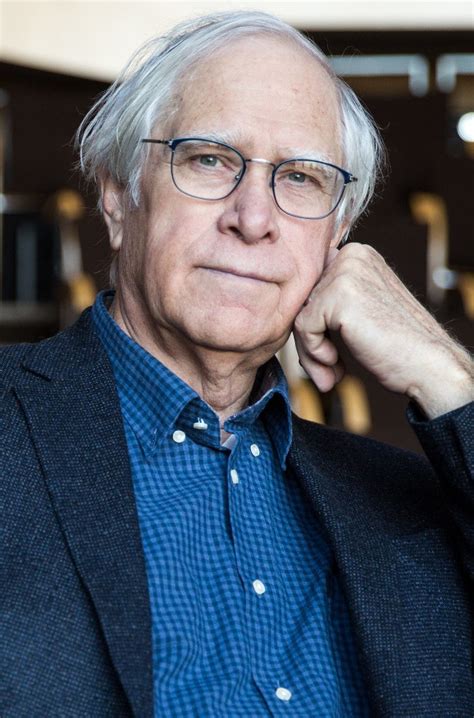A Quote by India.Arie
I'm African American, I'm a lot of other things, a musician and an artist. But that woman part holds the most pain for me. And therefore, obviously, the most lessons.
Related Quotes
I don't regret the fervor, because I do believe, in the African American community but also for other communities, and I know from talking to people, for communities around the world, the election of an African American to the most powerful office on Earth meant things had changed, and not just in superficial ways. That in some irreversible way the world was different.
It was easy to persecute me without people feeling ashamed. It was easy to vilify me and project me as a woman who was not following the tradition of a 'good African woman' and as a highly educated elitist who was trying to show innocent African women ways of doing things that were not acceptable to African men.
As an individual with my own hurts, I go into the Garden (Gethsemane) as often as I need to. There I identify with the pain in the other, with my part in that pain, my part in tempting someone to wound me. I experience the other's pain, and God's pain, and am devastated - because their pain becomes my own. Feeling such anguish, I can forgive, or deeply repent, either for myself or on behalf of the other.
I was very proud and grateful to be the first African-American woman in the position. I thought it said a lot about our country that we had back-to-back African-American Secretaries of State, Colin Powell and then me. I also thought it said a lot about President Bush that he didn't see limits on the highest ranking diplomat in terms of color. It's a hard job, but really the best one in government.
An interesting difference between African-American humor and Jewish humor, in it's kind of basic or maybe most austere type form is, African-American humor, some of it comes out of playing the dozens in which you insult the other person or insult the other person's mother, and so much of Jewish humor is like, you're insulting yourself. It's totally self-deprecating.
